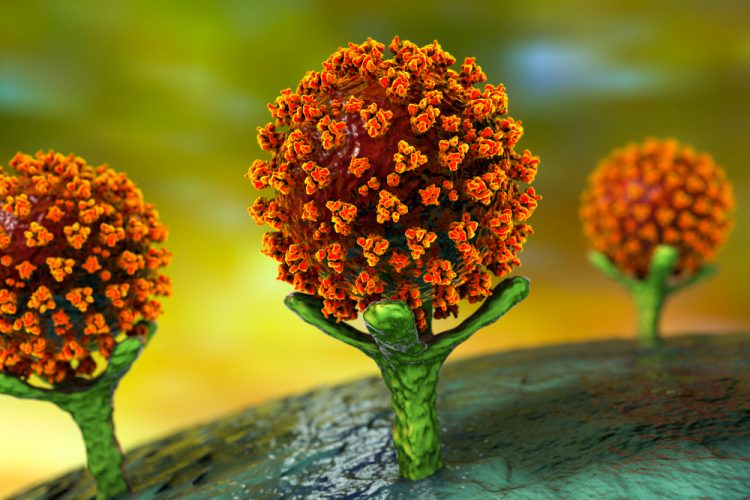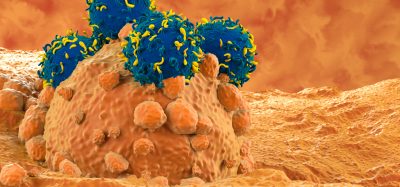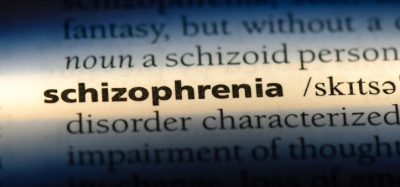COVID-19 vaccine elicits high levels of neutralising antibodies in mice
Posted: 17 August 2020 | Victoria Rees (Drug Target Review) | No comments yet
A potential COVID-19 vaccine, made from a modified vesicular stomatitis virus with the SARS-CoV-2 Spike protein, was shown to protect mice against the virus.


A new experimental vaccine has been shown to be effective at preventing pneumonia in mice infected with the COVID-19 virus. The vaccine was developed at Washington University School of Medicine in St Louis, US.
The team created the vaccine by genetically modifying vesicular stomatitis virus (VSV), a virus of livestock that causes only a mild, short-lived illness in people. They swapped out one gene from VSV for the gene for the Spike (S) protein from SARS-CoV-2. The hybrid virus is called VSV-SARS-CoV-2.
“Unlike many of the other vaccines under development, this vaccine is made from a virus that is capable of spreading in a limited fashion inside the human body, which means it is likely to generate a strong immune response,” said co-senior author Professor Michael Diamond. “Since the virus is capable of replicating, it can be grown to high levels in the lab, so it is easy to scale up and should be more cost-effective than some of the other vaccine candidates. So while what we have shown is just the proof-of-concept, I think it is very promising.”
Research has shown that the COVID-19 virus uses the S protein to latch onto and infect human cells and the human body defends itself by generating protective antibodies targeting the S protein. By adding the gene for the S protein to a fairly harmless virus, the researchers created a hybrid virus that, when given to people, would elicit antibodies against the protein that protect against later infection with the COVID-19 virus.
The team injected mice with VSV-SARS-CoV-2 or a lab strain of VSV for comparison. A subgroup was boosted with a second dose of the experimental vaccine four weeks after the initial injections. Three weeks after each injection, the researchers drew blood from the mice to test for antibodies capable of preventing SARS-CoV-2 from infecting cells. They found high levels of such neutralising antibodies after one dose and the levels increased 90-fold after a second dose.
Then, the researchers challenged the mice five weeks after their last dose by spraying the COVID-19 virus into their noses. The vaccine completely protected against pneumonia. At four days post-infection, there was no infectious virus detectable in the lungs of mice that had been given either one or two doses of the vaccine. In contrast, mice that had received the placebo had high levels of virus in their lungs. In addition, the lungs of vaccinated mice showed fewer signs of inflammation and damage than those of mice that had received the placebo.
The researchers are now in the process of repeating the experiments in other animal models that are naturally susceptible to the COVID-19 virus.
The study was published in Cell Host and Microbe.
Related topics
Antibodies, Drug Development, Drug Targets, Protein, Research & Development, Vaccine
Related conditions
Coronavirus, Covid-19
Related organisations
Washington University School of Medicine in St. Louis
Related people
Professor Michael Diamond








